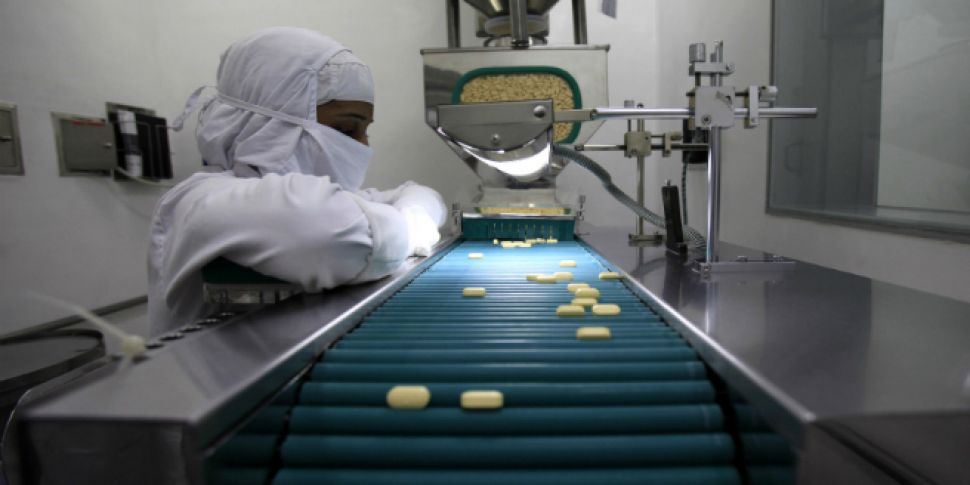The world's biggest drugmakers are set to collaborate to improve the treatment of cancer and other non-infectious diseases in poor countries.
Twenty two major drug players, including Pfizer, Eli Lilly, Roche, Sanofi, GlaxoSmithKline and Johnson & Johnson, made the pledge to bring positive change to the pricing and accessibility of care provided for these illnesses, which account for over 80% of deaths in the poorest parts of the world, at the World Economic Forum in Davos.
They will work in combination with the World Bank and the Union for International Cancer Control, according to FT.
Some $50m will go towards the establishment of a secretariat to being work on the ground, though most of the focus will be on building upon the companies' existing commercial presence in these nations. This 'Access Accelerated' initiative aims to improve both treatment and prevention.
It marks a shift in focus from fighting infectious diseases in poorer parts of the globe, as deaths from these conditions fall.
A report from Oxfam in 2015 said that drugmakers should not look to recoup research and development costs in poor countries. It called on drugmakers to cut costs and allow for cheap generic treatments, drawing on previously successful campaigns to combat HIV and AIDS.
The industry, which enjoys sales of roughly $1 trillion every year, has come in for significant criticism elsewhere for its perceived inaction in the area until now.

Severin Schwan, CEO of Roche. Picture by Mark Lennihan AP/Press Association Images
Roche chief executive Severin Schwan told Reuters that his company, which is the largest maker of cancer drugs, had joined others in instating preferential prices but that this was only one piece of the puzzle:
"It has a lot to do with hospital infrastructure. You can't administer modern cancer medicines if you don't have sophisticated lab facilities. We're going to institutionalise cooperation in this area."
Sanofi CEO Olivier Brandicourt said:
"The $50 million is more like seeding funding, if you want, and based on the results we'll gather afterwards we will have a more ambitious program with more stakeholders between 2020 and 2030."
According to the World Health Organisation, cancer is one of the leading causes of death around the world, with 8.2 million deaths in 2012. More than 60% of the world’s new cases of cancer occur in Africa, Asia, and Central and South America and these regions account for 70% of the world’s cancer deaths.
It will be the initial focus of the initiative as drugmakers team up with the Union for International Cancer Control pilot new diagnostics and treatments in cities around the world.









